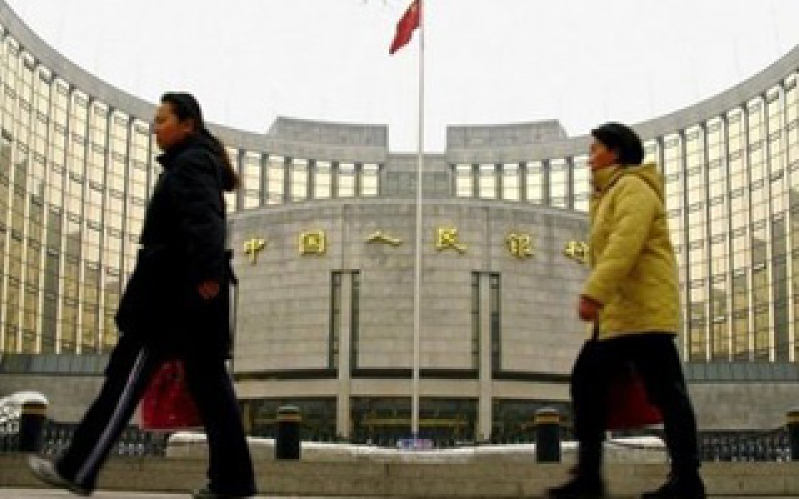
The latest research done on an international-scale revealed that the financial crisis in recent years have left the majority of those in Asian countries to value money more than ever before, in particular, China, Japan, and South Korea. The issue of how the church should introduce the proper views on money to the society has become more urgent than before.
According to a new Reuters news poll conducted by Ipsos released early this week, among the 23 countries surveyed, China, Japan, and South Korea have the highest percentages (84%) of adults surveyed that agree money is more important to them nowadays than previously. India has 78%; Russia, Turkey, and Brazil have 72%, 71%, 70%.
“Those nations with the highest levels accorded the importance of money more now than previously directly correlate with those who put the greatest weight in money as a determinant of success,” said John Wright, Senior Vice President of Market and Opinion Research firm Ipsos.
In China and South Korea, nearly 70% agree that money is the best sign of success; India and Japan revealed 67%, 63%.
However, six in 10 (57%) disagree that money is the best sign of a person’s success. Comparably, the survey of over 24,000 adults—1000+ respondents per country—shows that 35% of adults surveyed in the 23 countries don't agree that money is more important to them nowadays than previously and 43% believe that money is the best sign of a person's success.
Despite this trend in Asia, some western capitalistic countries are showing the decrease in the value of the importance of money. Holland and United States, for example, each only have 50% and 33% that agree that money is the best sign of a person’s success.
Once again, this poll revealed the urgency for churches to instill the proper viewpoints on money and life to the society. In China Horizon’s July-issue, a special report titled “China Churches in Financial Tsunami” pointed out that, in the last two decades, people in China have been following the trend that money is everything. Many people neglect the welfare of theirs and other’s lives in order to make money; money has become the standard of judgment for self-value and is meaning of life. The fundamental reason is that China lacked the proper value system and perspective of life.
On the topic of money management, the Bible provides numerous lessons. Earning money diligently in order to raise the standard of living isn’t a bad thing, but the true owner of possessions is God, so man is only the steward of the possessions. Each person should faithfully and efficiently manage wealth, but never let possession control a person.
China Horizon reported that what the Chinese society needs right now is this kind of value system. While financial tsunami affects the lives of many today, Chinese Christians should practice a genuine and sincere faith in this perfect time and environment for witnessing. Churches must take hold of the opportunities to introduce to the society this type of Christian values on money and life.
[Editor's note: reporter Ruth Wong contributed to this report.]






